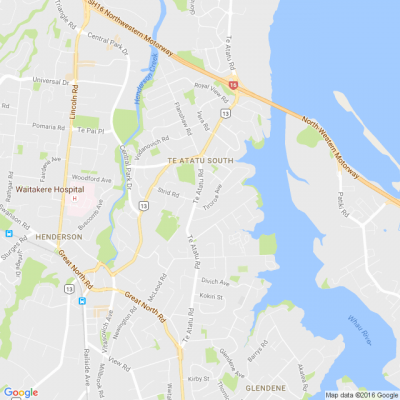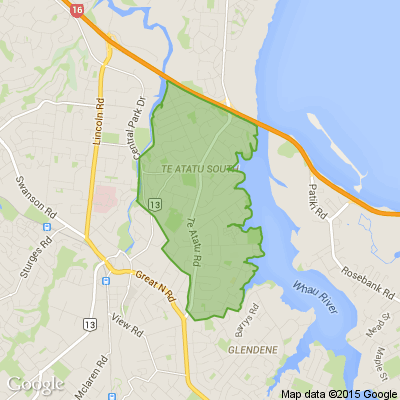New Zealand and Australia reach deal over refugee resettlement offer
Australia has taken up New Zealand's offer to resettle up to 150 refugees per year nearly a decade after the offer was first made.
The deal, first offered in 2013, would mean asylum seekers, some who have been held indefinitely in limbo in such centres on Manus Island and Nauru, could soon come to New Zealand.
The initial three-year arrangement would see up to 450 people resettle in New Zealand through the existing refugee quota programme, and initially cover those who met certain criteria.
The Green Party has welcomed the deal to resettle those "held unlawfully in Australia's prison islands" but says the number should be over and above the current quota of 1500 a year - a commitment New Zealand has not met for three years.
In announcing the deal, Immigration Minister Kris Faafoi said the long-standing offer reflected New Zealand and Australia's close relationship.
"New Zealand is very pleased that Australia has taken up the offer to resettle up to 150 refugees annually for three years," Faafoi said.
"New Zealand has a long and proud history of refugee resettlement and this arrangement is another example of how we are fulfilling our humanitarian international commitment.
"We are pleased to be able to provide resettlement outcomes for refugees who would otherwise have continued to face uncertain futures."
Green Party human rights and refugee spokeswoman Golriz Ghahraman said they welcomed the "long overdue deal" to resettle those held "unlawfully in Australia's prison islands".
"We welcome wholeheartedly the refugees preparing to travel to Aotearoa from Manus and Nauru.
"But I think Australia deserves some very harsh criticism on the delay. We know Australia is the kind of country where successive governments have been torturing refugees on prison islands."
Ghahraman said the deal should come on top of the existing quota, which New Zealand had not met for three years due to the pandemic. This would also allow New Zealand to better support the crisis in Ukraine and Afghanistan.
Since July 2019, just over 1500 quota refugees have arrived here, out of 4500 spaces.
Last year just 263 arrived. Additionally spaces for 300 family members a year have not been filled, with just 164 arriving over the past nearly three years from 900 spaces.
Ghahraman said New Zealand needed to do more to pressure Australia to shut its offshore detention centres permanently.
"We have our closest ally, right next door, holding people in conditions that have been described by the likes of Amnesty International and the United Nations... as being akin to torture.
"Australia is torturing people right next door in our Pacific neighbourhood. New Zealand needs to be a very loud voice of criticism and work constructively to shut down the centres."
The deal was struck by former prime ministers John Key and Julia Gillard in 2013 when New Zealand offered to assist with the thousands of asylum seekers arriving in the country, many by boat.
Key had said at the time it was an acknowledgement that New Zealand should share the burden. Per capita, Australia takes in about twice as many refugees per year as New Zealand.
The Australian Government had been concerned the agreement could see refugees who came to New Zealand try to travel back to Australia after they gained residency and/or citizenship, and settle permanently there.
Faafoi has said any refugees arriving here would eventually get the full rights and responsibilities of New Zealand citizens, and any decision on them being able to travel to Australia was for Australia.
Australia's Minister for Home Affairs Karen Andrews said despite the deal their "strong border protection policies had not changed and no one who attempted to travel to Australia illegally by boat would ever settle here".
"This arrangement does not apply to anyone who attempts an illegal maritime journey to Australia in the future.
"Australia remains firm – illegal maritime arrivals will not settle here permanently.
"Anyone who attempts to breach our borders will be turned back or sent to Nauru."
Under the deal, all applications to resettle in New Zealand would undergo the same quota processes – including credibility, security, risk and biometric checks and health assessment – that New Zealand applies to all refugees through the United Nations High Commissioner for Refugees process.
Refugees under the deal could include those who are in Nauru or are temporarily in Australia under regional processing arrangements, along with those who meet general quota requirements and/or are referred to New Zealand by the UNHCR.
It would include those who are not engaged in other third-country resettlement pathways, such as the United States resettlement arrangement.
======================================================
/www.nzherald.co.nz/nz/new-zealand-and-australia-reach-deal-over-refugee-resettlement-offer

Poll: Should the government levy industries that contribute to financial hardship?
As reported in the Post, there’s a $30 million funding gap in financial mentoring. This has led to services closing and mentors stepping in unpaid just to keep helping people in need 🪙💰🪙
One proposed solution? Small levies on industries that profit from financial hardship — like banks, casinos, and similar companies.
So we want to hear what you think:
Should the government ask these industries to contribute?

-
60% Yes, supporting people is important!
-
25.7% No, individuals should take responsibility
-
14.3% ... It is complicated
Poll: Should complete designs be shared with the public, or should the community help shape the designs from the start?
The Post recently shared an opinion piece on the Harbour Crossing and why a more democratic approach might be needed 🚗🚲👟
While most decisions sit within the political arena, many organisations—like NZTA—manage long-term projects that go beyond party lines. Politics can sometimes disrupt progress, and the next Harbour Crossing is a big decision that will affect all Aucklanders.
We’d love your thoughts: Should near-complete, shovel-ready designs be shared with the public, or should the community have a hand in shaping the designs from the start?

-
88% Community feedback and transparency is needed.
-
12% No. This would be impossible in practice.
A Neighbourly Riddle! Don’t Overthink It… Or Do?😜
Do you think you know the answer? Simply 'Like' this post if you know the answer and the big reveal will be posted in the comments at 2pm on the day!
If you multiply this number by any other number, the answer will always be the same. What number is this?








 Loading…
Loading…